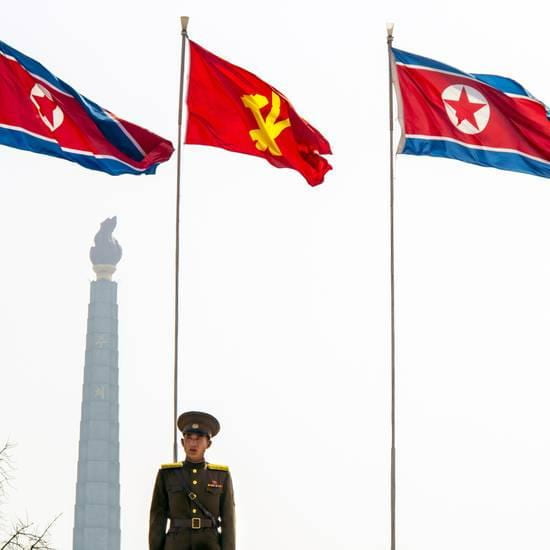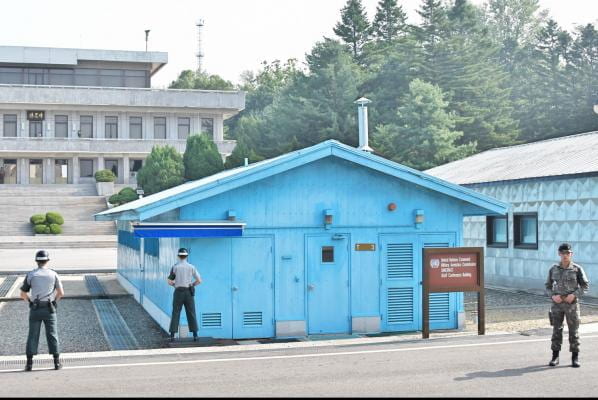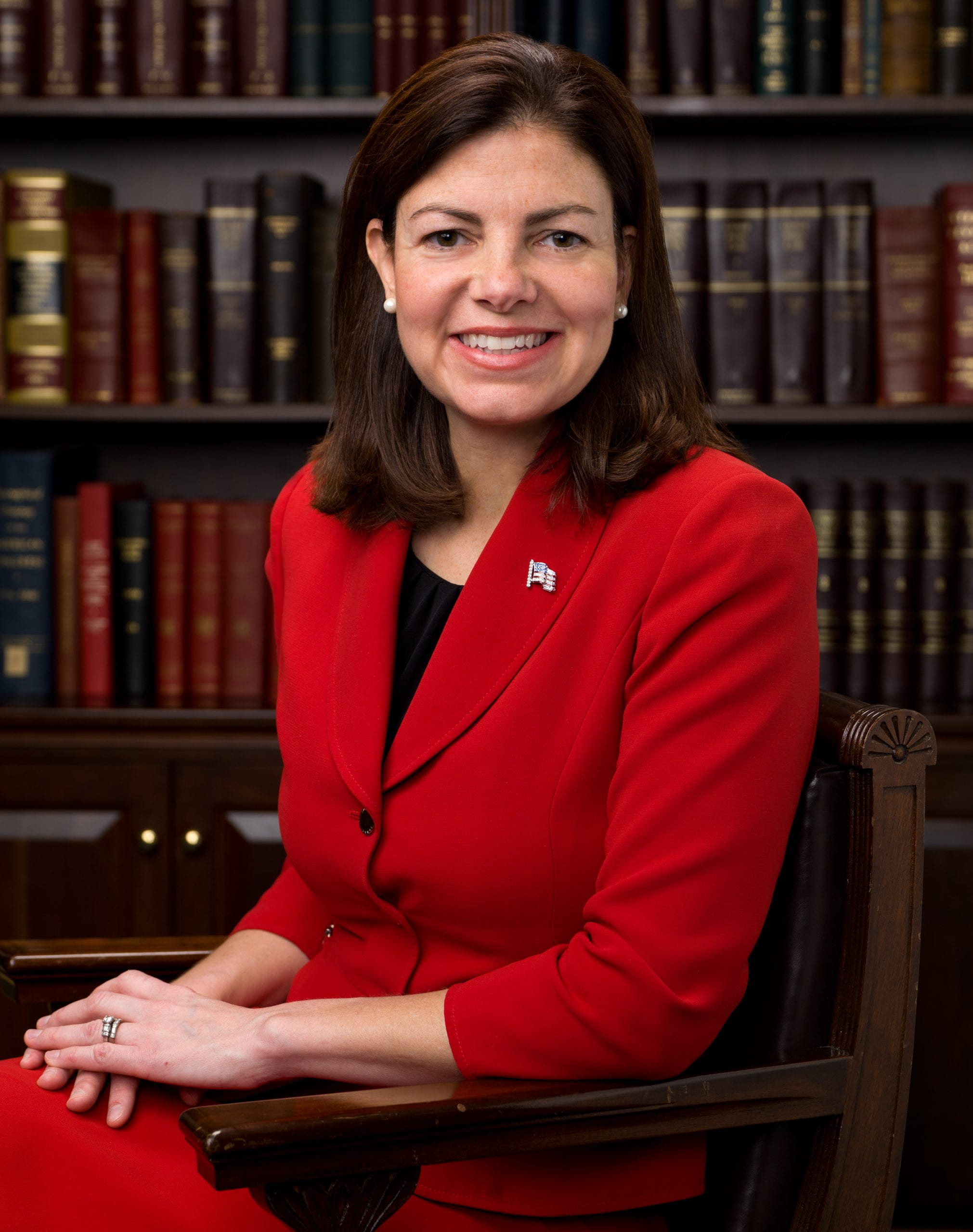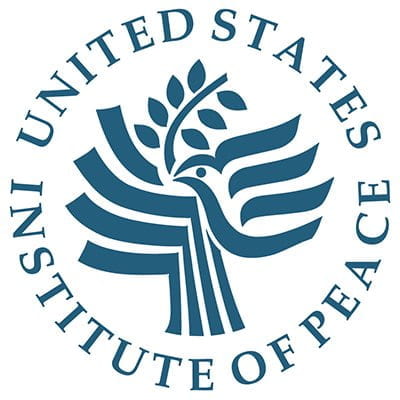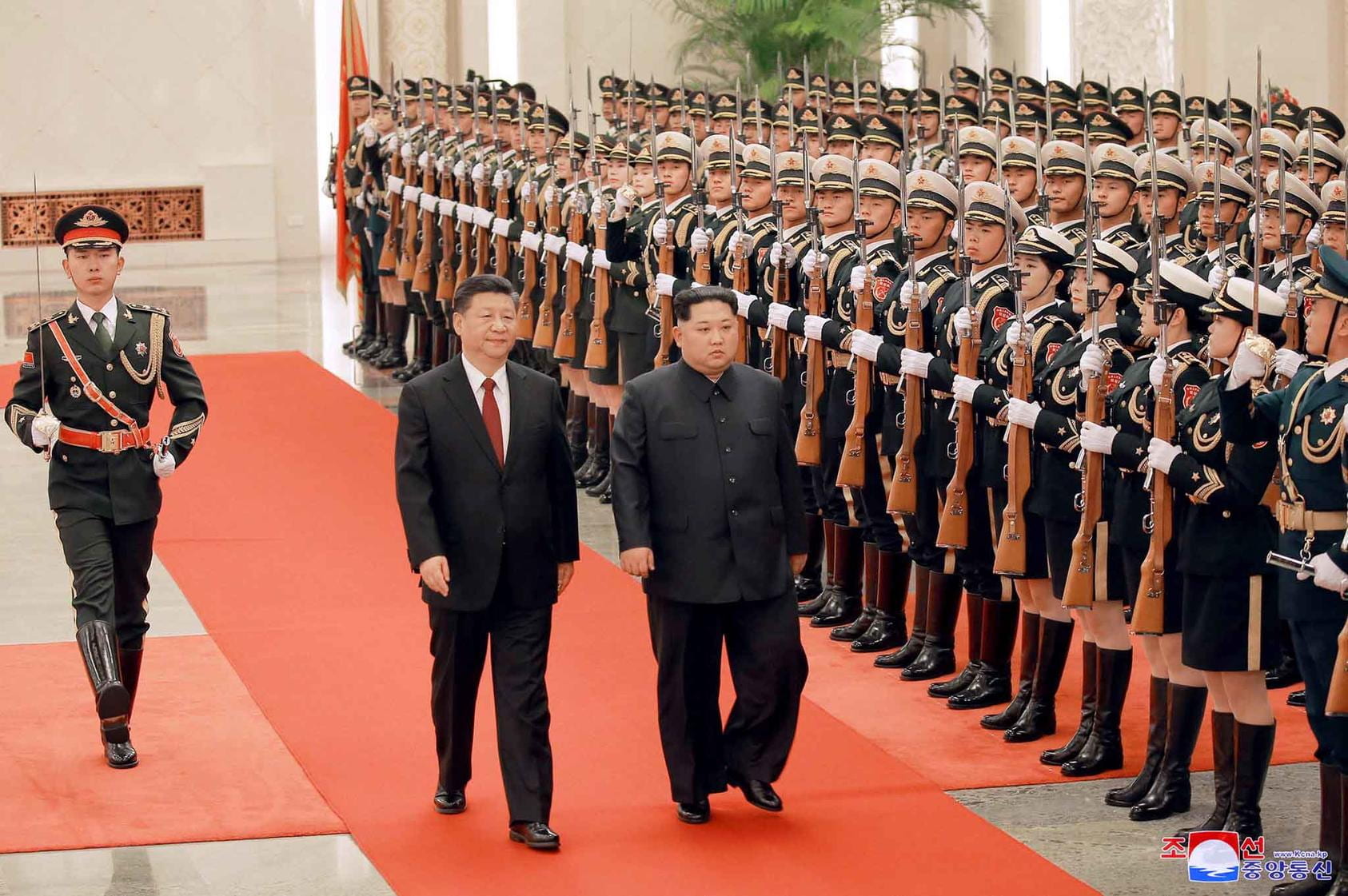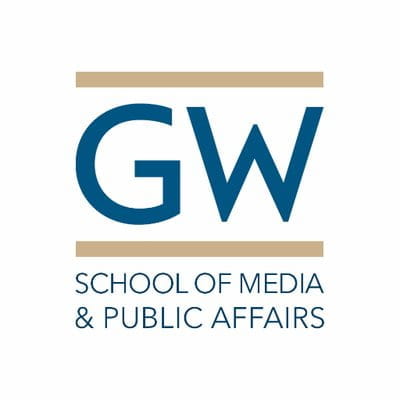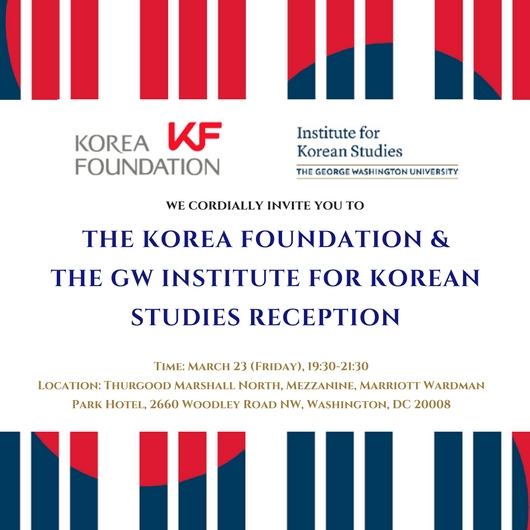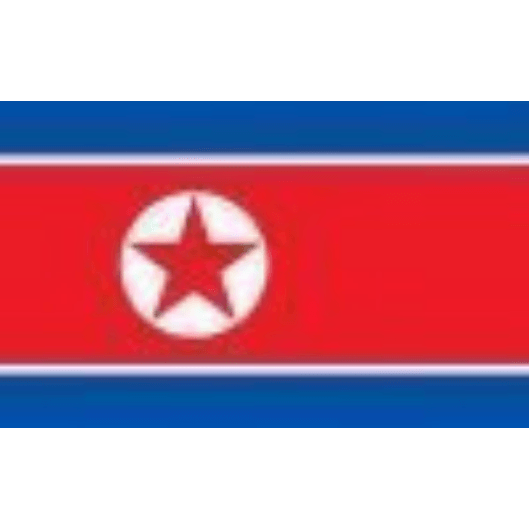The Evolution of Rights in Korea
RSVP
8:30 AM – 9:00 AM Breakfast
9:00 AM – 9:30 AM Welcoming Remarks & Introduction
Welcoming Remarks: Jisoo M. Kim
Introduction: Celeste Arrington and Patricia Goedde
9:30 AM – 11:30 AM Panel I: Rights in Historical Perspective
Discussant: Li Chen (University of Toronto)
Legal Disputes and the Precursors of Rights (Kwŏlli) in Chosŏn Korea
Jisoo M. Kim (George Washington University)
Precarious Inheritance: Women and the Rights over Separate Property in Colonial Korea
Sungyun Lim (University of Colorado, Boulder)
A Tale of Two Commissions: The Evolution of Rights Claims in the Jeju Commission and the Truth and Reconciliation Commission of Korea
Hun Joon Kim (Korea University)
11:30 AM – 1:30 PM Lunch
1:30 PM – 3:30 PM Panel II: Institutional Mechanisms for Rights Claiming
Discussants: Stephan Haggard (University of California, San Diego) and
Eric Feldman (University of Pennsylvania)
The State, the Constitutional Court, and I: Fundamental Rights and Judicial Review in Korea
Hannes Mosler (Freie Universität Berlin)
Evolving Legal Opportunity Structures in South Korea
Celeste Arrington (George Washington University)
The Institutional Development and Sustainability of Public Interest Lawyering in Korea
Patricia Goedde (Sungkyunkwan University)
3:30 PM – 4:00 PM Coffee Break
4:00 PM – 6:00 PM Panel III: Mobilizing Rights for the Marginalized
Discussants: Eric Feldman (University of Pennsylvania) and
Sida Liu (University of Toronto)
The Disability Rights Movement and Legal Practice in South Korea
Jae Won Kim (Sungkyunkwan University)
Now, Later, Never: On Shigisangjo and Prematurity
Ju Hui Judy Han (University of California, Los Angeles)
The Movement for an Anti-Discrimination Act
Jihye Kim (Gangneung-Wonju National University) and Sung Soo Hong (Sookmyung Women’s University)
From “Humane Treatment” to “We Want to Work”: The Changing Notion of Labor Rights in South Korea
Yoonkyung Lee (University of Toronto)
8:30 AM – 9:00 AM Coffee and Breakfast
9:00 AM – 11:00 AM Panel IV: Shaping Rights for New and Non-Citizens
Discussant: Hae Yeon Choo (University of Toronto)
The Rights of Non-Citizenship: Migrant Rights and Hierarchies in South Korea
Erin Chung (Johns Hopkins University)
Human Rights or Citizen Rights? Explaining Global Policies toward North Korean Refugee Resettlement
Sheena Chestnut Greitens (University of Missouri)
How North Koreans Understand the Rights and Responsibilities of Democratic Citizenship: Implications for Political Integration
Aram Hur (New York University)
11:00 AM – 11:30 AM Coffee & Wrap Up
